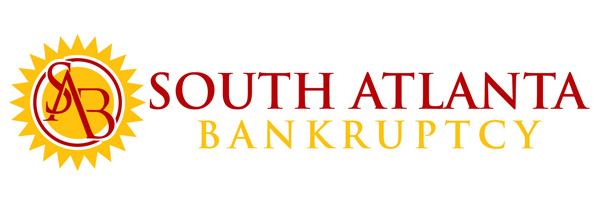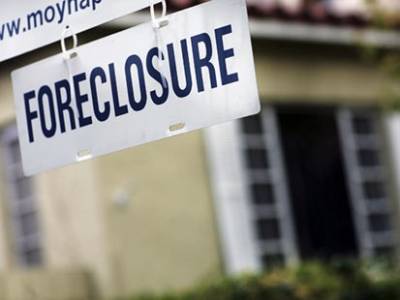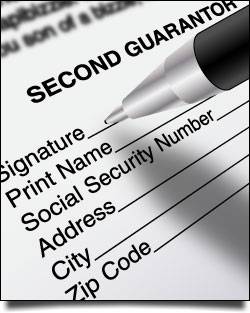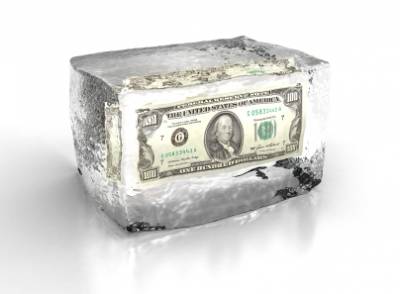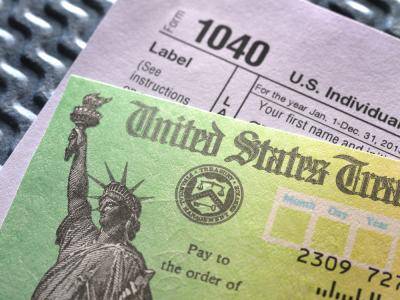A judgment is preceded by the filing of a law suit:
Let’s assume that you have not filed bankruptcy. Under general contract law, if a person borrows money, and is late in repaying it, the lender may sue to collect the debt. A lender starts a law suit by filing a “summons and complaint” that usually states that payments have not been made as required in the contract. A Summons and Complaint are papers are issued by a court, and are not merely collection letters from the creditor. The papers are usually pink or yellow. A suit requires that the defendant/borrower file an “answer” within 30 days. The answer should state a reason why the borrower is not legally obligated to pay the debt as stated in the complaint.
If the borrower files an answer on time, a hearing will be assigned. Otherwise, if the borrower fails to answer, or if his answer is legally inadequate, then the creditor will win, and a Judgment will be entered against you. The creditor may then use that judgment as the basis to “garnish wages” or “levy a bank account” to collect the money owed to it. Alternatively, if you own real estate, a judgment could be recorded in Superior Court’s real estate records. A recorded judgment functions like a second mortgage, and if you wanted to sell or refinance that real estate at a later date, the judgment would have to be paid to deliver clear title to the buyer or bank.
A “garnishment” is a separate proceeding where the creditor requires the borrower’s employer to pay a percentage of the debtor’s wages into the court until the judgment is satisfied. A garnishment is served on the employer, not on the employee. It is not necessary for the creditor to notify the borrower of the garnishment after a judgment has been entered, and the garnishment may take the borrower totally by surprise.
Alternatively, a judgment creditor may collect by means of a “levy”. Here, the creditor causes the debtor’s bank account to be frozen, and require the bank pay the monies over after a brief waiting period. Again, the borrower does not need to be directly notified, and is often surprised to find that he can’t pay bills or draw money out of his account. A levy may attach to a joint account even if the other owner(s) of the account have nothing to do with the debt owed to the creditor.
Effect of Filing Bankruptcy
Filing either a Chapter 13 or a Chapter 7 will stop a creditor from starting suits or from entering judgments that have not already been entered. It will stop the recording liens that have not been recorded yet, or from continuing garnishments and levies. Depending on your situation, after you file bankruptcy it is often/usually (but not always) possible to “avoid a judicial lien” by the lawyer filing a certain motion in a bankruptcy case. If successful, this means that the lienn will be nullified, and the underlying debt is treated like any other unsecured debt. It may be discharged or paid the same way that similar debts are treated in your particular case.
Please contact one of our lawyers at 678-519-4143 to discuss how this applies in your particular situation.
